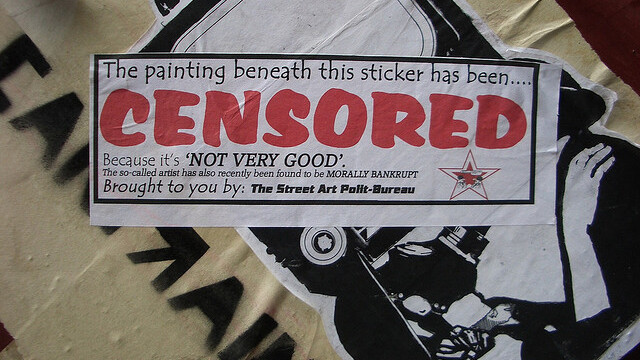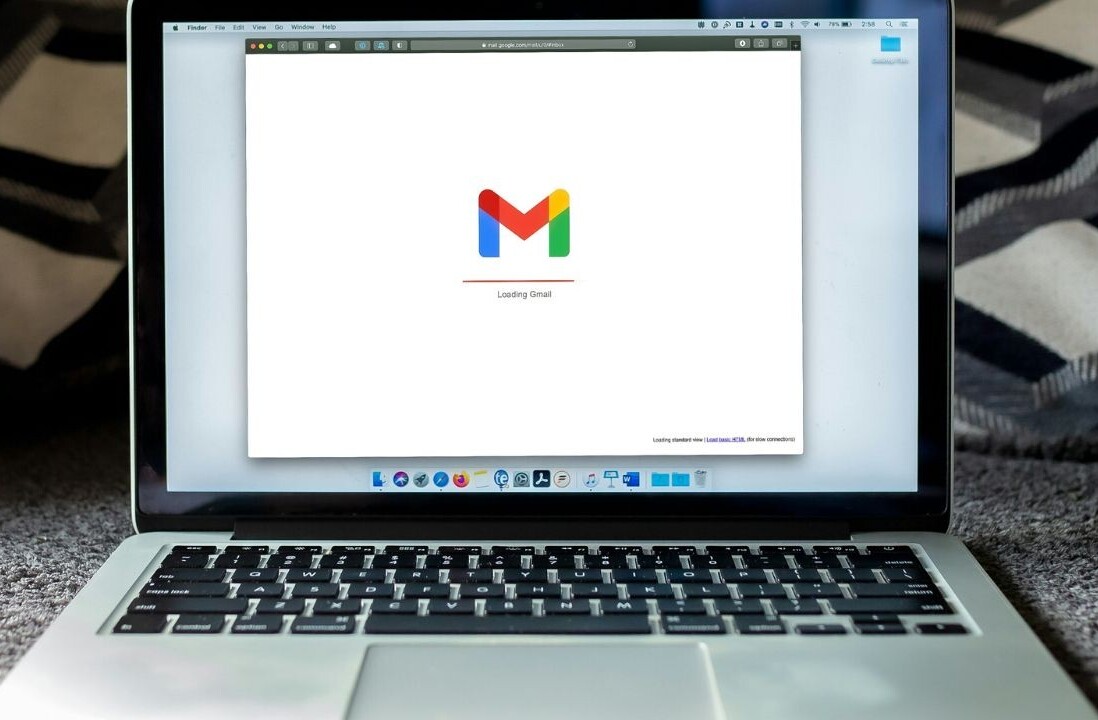
Freedom of expression is a massive topic of discussion, especially on the Internet. At what point can a company that provides communication tools step in and remove or censor something? It’s a fine line and earlier this year Twitter discussed that very topic when it was being accused of censoring its users.
It turns out that Twitter wasn’t doing anything other than abiding to local laws, since the service is available worldwide. The company went out of its way to state that it supports free expression, but won’t break the law. That seems to be where the fine line is; legality.
Google has stepped forward today with its thoughts on free expression and censorship, stating the following:
At Google, we have a bias in favor of free expression—not just because it’s a key tenet of free societies, but also because more information generally means more choice, more power, more economic opportunity and more freedom for people.
However, that “free expression” is only valid up to a certain point, again based on whether something is legal or not. In the same way that Twitter handles cease and desist letters, Google posts these requests on the site Chilling Effects, in an effort to be completely transparent with its practices.
Calling transparency a core value of Google, as most companies are starting to do, it does appear that the search giant is walking the talk, as its “Transparency Report” is a service that lets you know how many requests the company gets from various governmental and law-related agencies. If you’ve never taken a look at the site, I highly suggest that you do as it’s quite fascinating.
What’s a stretch of free expression according to Google? Here are some examples the company gave of things that it will not stand for:
For example, no hate speech, no copyright-infringing content, no death threats, no incitement to violence. And when we’re notified about content that either violates those guidelines or breaks the law—for example, we receive a court order—we will remove it, or restrict it in the country where it’s illegal. Earlier this year, for example, we removed a number of specific webpages from Google properties in India after a court ruled that they violated Indian law.
Why did the company choose to remind us about its practices today? It has to do with the fact that “World Day Against Cyber-Censorship” takes place on the 12th and rather than be reactionary about the things that Google does to comply with the law and promote free expression at the same time, it decided to be proactive.
It’s always nice to hear what a company has to say about our rights to free expression, so as long as we’re not breaking any laws, we’re free to move about the Internet.
Get the TNW newsletter
Get the most important tech news in your inbox each week.




